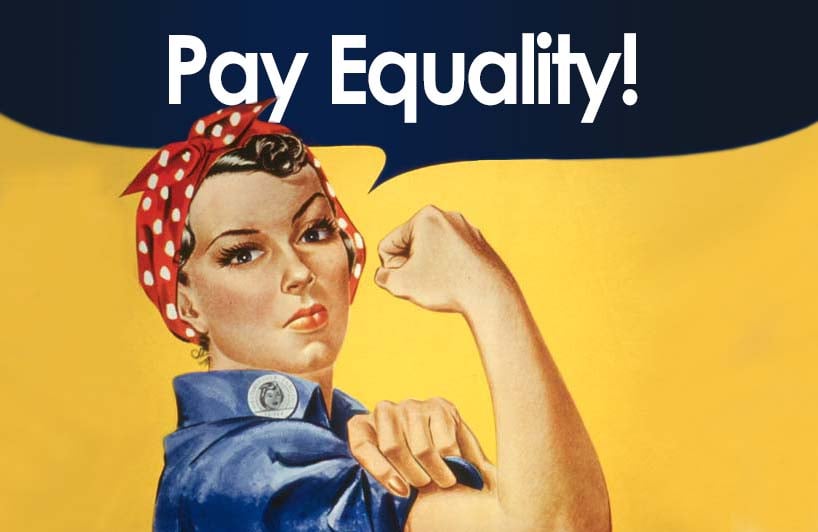One of Market Street Talent’s particular areas of interest lie in gender related equality issues in the technology market, being a certified woman owned business the topic hits close to home for us. We’ve devoted a couple of blogs to this topic before: Solving the Gender Gap in tech, and It Was Never a Dress. Yet we continue to see primarily male applicants to technology related positions, even at a time when there is a huge shortage of talented technologists and the market is hot for talent.
We now offer up some very specific data from Dartmouth College’s own Policy Research Shop nicely summarized on @NHBR’s Blog providing some real data to support theories.
The report claims that women earn 78% of the pay of their male counterparts. And here are some hard stats to accompany this, as outlined in Dartmouth’s findings.
“In New Hampshire, median annual earnings for full-time, year-round workers are $54,136 for men and $41,774 for women. On aggregate, full-time New Hampshire women workers lose a total of $2,494,738,134 every year due to the wage gap. These numbers are significant because 50,984 family households in New Hampshire are headed by women, and 24 percent of these families (12,083 family households) have incomes that fall below the poverty level. Moreover, the gender pay gap is not explained by personal choices; rather, it persists regardless of industry, occupation, age, or education level.”
That’s data published in 2015 folks, not speculation or something from the 1950’s. You can question the source but I hear Dartmouth has a pretty good policy analysis department!
One thing in particular that both the Federal government as well as select states (including New Hampshire) have done to address this problem is to make it illegal to punish someone for disclosing their pay wage openly.
One might ask, who would, in fact, want to speak openly about their pay? The answer? Someone making significantly less for an identical job. It appears that at one time, it would be grounds for disciplinary action to disclose your pay to someone else – keeping the door wide open for exploitation of wages, perhaps over gender.
The other legislation that is in effect will require companies to disclose pay scales openly, as well as expressly prohibit pay differentiation based on gender. This levels the playing field somewhat and allows pay rates to be open for analysis, and closely examined if an employee believes they are being discriminated against. It’s complicated, but it’s a step in the right direction.
Says the Dartmouth report: “Though the New Hampshire Paycheck Fairness Act mandates that employers cannot discriminate the distribution of pay to their employers based on sex, the law does not delineate methods that employers can utilize to close the wage gap.”
They suggest further steps be taken to encourage employers to actually address the pay wage gaps instead of just prohibit or punish them when it happens. They suggest proactive measures be included. For example, the State of New Mexico requires pay equity reporting from any company that wishes to do business with the State. The City of San Francisco takes another approach, allowing companies to rate and assess themselves internally and proactively to ensure they are doing their best to keep gender discrimination at a minimum by using this assessment tool.
We encourage anyone with an interest to read the full Dartmouth report, which provides a number of detailed steps the state could take to further tackle these issues. But the big take-away for us is that the gender wage gap has been relatively clearly identified, quantified, and validated, and we are now in the process of shrinking it toward a full equality model.
